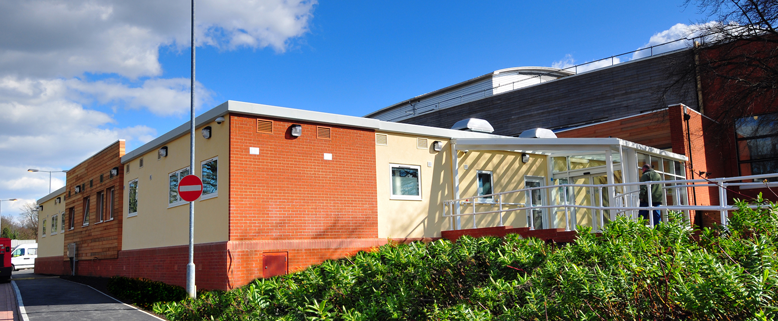Modular construction – top 3 health and safety benefits
In recent years, there have been major improvements to health and safety in the construction industry. However, the industry still accounts for a high percentage of fatal and major injuries.
Health and safety of staff and visitors is one of the most crucial factors on any construction project, but it can often be overlooked.
Matthew Goff, managing director at Thurston Group, believes that modular construction can help to improve health and safety onsite – he shares his top three health and safety benefits of using modular volumetric construction.
- Buildings are manufactured in a quality-controlled environment
Buildings on a traditional construction site pose many health and safety risks to workers, from falls from height to equipment accidents.
But with modular buildings, the majority of the manufacturing process is carried out offsite using specialist machinery in a quality-controlled factory environment, which in turn, reduces waste and increases quality control, leading to a lower environmental impact.
Modular units are then delivered to site pre-fitted with electrics, plumbing, heating, doors and windows and in some cases fixtures and fittings, therefore reducing the time spent onsite and accelerating the overall construction process. In addition, risks can be easily managed in one setting, resulting in enhanced health and safety on site.
- Reduction in waste
Modular buildings production ensure that materials are used more efficiently and accurately. On average, 67% less energy is required to produce a modular building and up to 50% less time[2] is spent onsite when compared with traditional methods, resulting in up to 90% fewer vehicle movements around the project which in turn, reduces CO2 emissions.
The impact on the local environment is also reduced, as there is less noise, packaging and emissions. These matters will have been addressed and resolved in the factory, which allows for greater efficiencies in environmental control measures and materials.
In addition, when a modular building is built to comply with specific sustainability standards, such as BREEAM, buildings can use resources more efficiently and may see a reduction in energy consumption and operational costs.
- Offsite can provide safer working conditions
Modular construction provides safer working conditions. The factory-based conditions of offsite enable safety requirements to be more easily met and policed, which leads to better build quality through improved quality control procedures.
Not only is there a reduced risk of slips, trips and falls – particularly as work at height is reduced – but there is also a reduction in onsite activity, thus ensuring health and safety always remains a top priority from start to finish.
Furthermore, if necessary, factory operations can continue 24/7 with less risk of noise and disruption to workers. Work is also unaffected by the weather and other environmental delays, which could result in the project being turned around even quicker.
To find out more about Thurston Group, contact the team on 0333 577 0883 or visit www.thurstongroup.co.uk
[1] http://www.hse.gov.uk/construction/healthrisks/key-points.htm
[2] https://www.designingbuildings.co.uk/wiki/Modular_vs_traditional_construction










Leave a Reply
Want to join the discussion?Feel free to contribute!